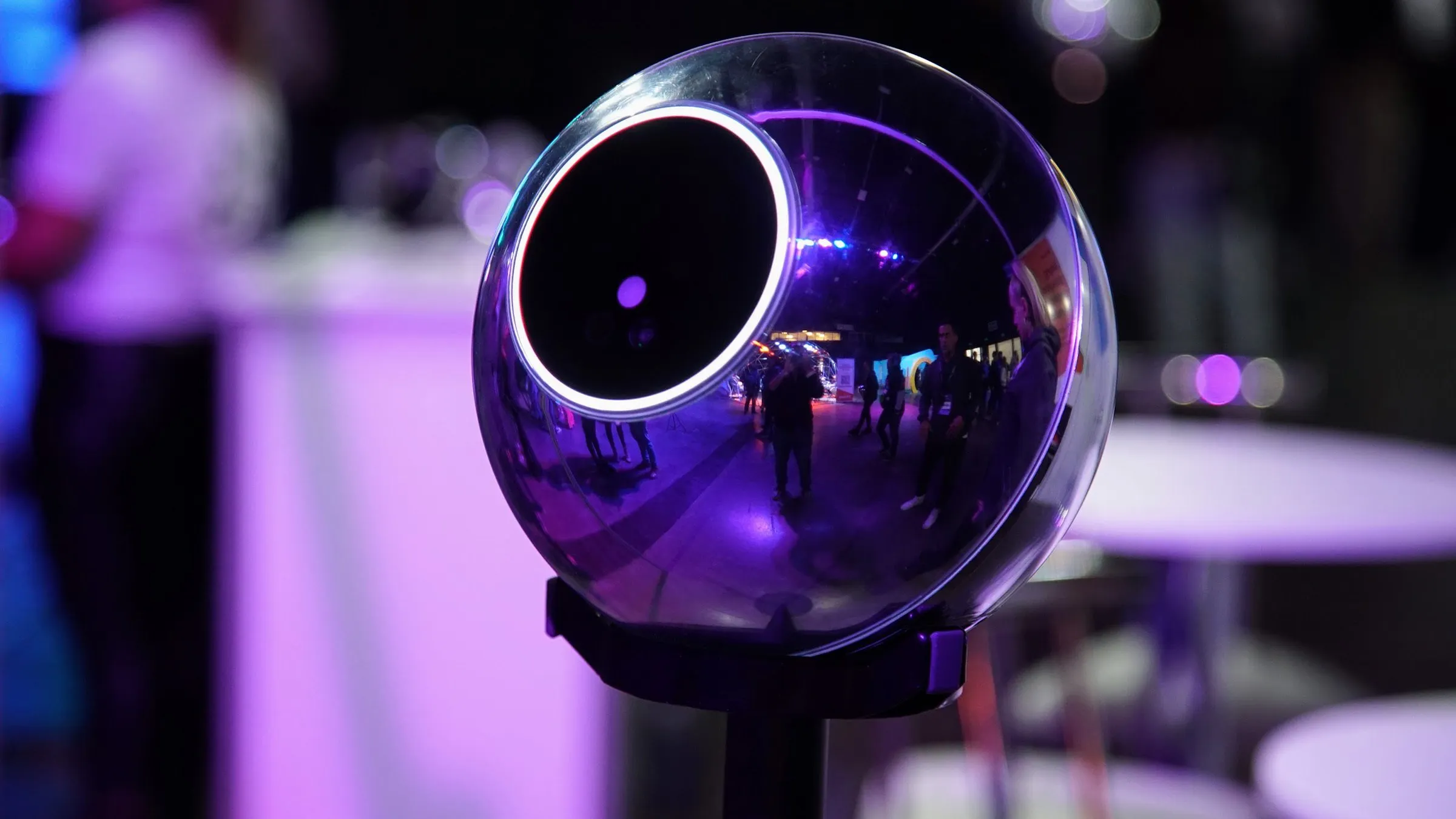We do the research, you get the alpha!
Worldcoin, the project co-founded by OpenAI CEO Sam Altman, is branding to ‘World’ and launching a new version of its controversial iris-scanning Orb.
Altman, alongside Tools for Humanity CEO Alex Blania, introduced the rebranding and updates to its World ID and World App during a keynote presentation on Thursday.
“We know it sounds crazy, but it is that Worldcoin as the name just doesn't work anymore,” Blania said. “Starting today, what has been called Worldcoin will be just called World.”
According to Altman, the redesigned Orb has 30% fewer parts and triple the production capacity of its predecessor. Powered by NVIDIA’s Jetson, the new Orb can perform AI operations five times faster than earlier models.
“This enables the new Orb to execute sophisticated AI models that prove humanness and operate entirely on device and even faster than before,” Altman said. “The new Orb was built with more transparency and the ability to audit the code that's running on it.”
With bots flooding the internet, Tools for Humanity designed the iris-scanning Orbs as a way for people to prove they actually existed.
The first Orbs were placed in Berlin, Germany. In addition to providing “proof of personhood” in limited regions, the Orbs also gave access to the Worldcoin token.
Launched in July 2023 by Tools for Humanity, the World Orbs were met with fascination and scorn, as privacy advocates called it a surveillance tool. Shortly after its launch, France and Germany opened investigations into the project and its Orbs.
Altman and Blania have sought to resolve future issues by implementing features designed to assuage regulators’ and policymakers’ concerns.
“It has a fully removable SD card that contains all the operating instructions so that anyone can compare those instructions on the SD card versus our published source code.”
In March, in response to privacy concerns, Altman announced the Orb’s core components would become open-source, with its code published on GitHub for public scrutiny.
In addition to hardware updates to the Orb, during the presentation, Altman and Blania also introduced updates to the World ID and World app.
“World ID will be the anonymous human layer for the internet,” Blania said. “But there's a lot of details that go into making that actually work.”
According to Tools for Humanity, to better protect users' security and privacy, World ID 3.0 uses anonymized multi-party computation to store user data across multiple parties. World ID will also support government-issued identification like passports and driver’s licenses.
There's also the issue of nefarious uses of identity impersonation, which World said is a concern it is trying to tackle.
Video AI deepfakes have become an increasingly dangerous form of phishing, with hackers creating fake images of CEOs and managers to dupe unsuspecting victims. To that effect, World is introducing a new feature called "Deep Face."
The tool will compare real-time and stored images to verify a user’s identity, ensuring that the person interacting with the Orb is the same person who initially signed up. Tools for Humanity said Deep Face is compatible with popular video call apps, including FaceTime, WhatsApp, and Zoom.
The World App is also receiving new updates, including a new “mini-apps” tab that allows users to download third-party applications. Users will be able to search for others by username or connect with their contact lists.
Tools for Humanity Head of Product Tiago Sada highlighted the app’s broad accessibility, including support for over a dozen languages and more than 50 currencies, as well as its compatibility with older-generation mobile phones.
“If you want to build a network that can reach everyone, you have an app,” Sada said. “You need to have an app that works for everyone.”
Edited by Sebastian Sinclair





